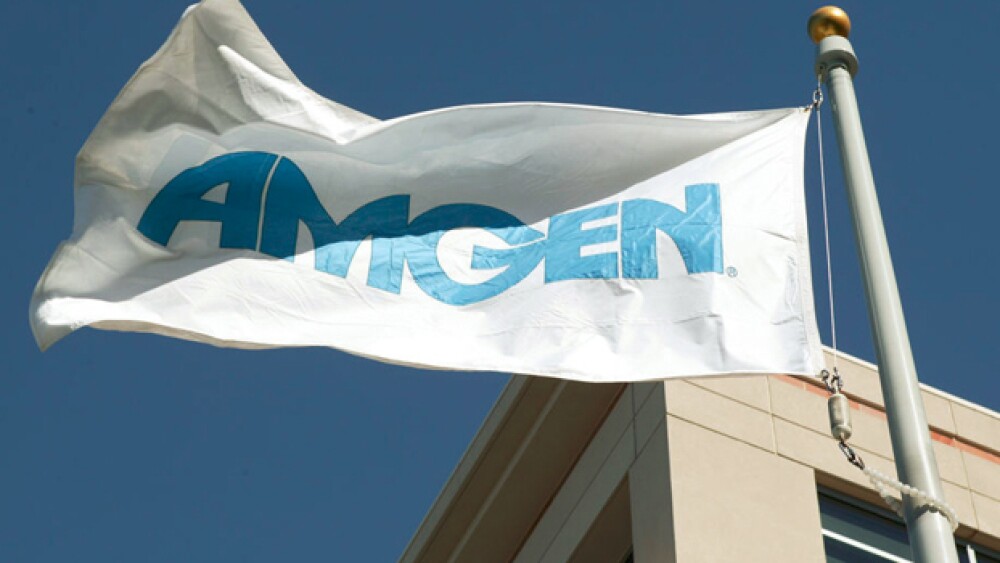The fund will be administered through the Ventura County Community Foundation. Officials indicate that 100 percent of the funds will go to help victims’ families. The Foundation is calling for additional donations.
Originally Published on 11/9/18
In what has become an all-too-common story in America, a lone gunman opened fire at a Thousand Oaks, Calif. bar called Borderline Bar and Grill. It is a country-western dance bar that was offering College Night.
The shooter, David Long, 28, killed 13 people, including a sheriff’s sergeant. Long, an honorably-discharged former U.S. marine, used a legally-purchased Glock 21 .45-caliber handgun. Long apparently shot himself after his rampage.
The Conrad N. Hilton Foundation and Amgen, which has headquarters in Thousand Oaks, established the Conejo Valley Victims Fund. The Hilton Foundation donated $100,000 and Amgen donated $250,000. The fund will be administered through the Ventura County Community Foundation. Officials indicate that 100 percent of the funds will go to help victims’ families. The Foundation is calling for additional donations.
And on November 12, the Amgen Foundation pledged another $500,000 to support the victims of the local wildfires, which as of this writing are blazing out of control throughout the area. “Our community has endured significant tragedy with the recent senseless nightclub shooting, as well as another series of wildfires that have resulted in devastating damage and impact to our staff,” stated Cynthia M. Patton, chief compliance officer at Amgen and chair of the Amgen Foundation Board of Directors. “We are committed to assisting in relief and support efforts and applaud the firefighters and first responders who are working tirelessly to protect and serve our communities.”
The Foundation will pick non-profit organizations to give the money to based on relief effort needs.
Amgen is not the only biopharma company to step up to crises and catastrophes. Chicago-based AbbVie reported earlier this year that it had made a one-time charitable donation of approximately $350 million to specific not-for-profit organizations in the U.S., including rebuilding efforts for Puerto Rico after Hurricanes Irma and Maria devasted the island in 2017.
AbbVie has two facilities in Barceloneta, Puerto Rico, about 70 miles from the capital, San Juan.
Later in the year, in May, AbbVie donated $100 million to Direct Relief and Habitat for Humanity International, to strengthen access to health care and housing in Puerto Rico. It was an extension of more than $4 million AbbVie provided after the hurricanes in 2017.
“With this important contribution today by AbbVie—with aid that goes directly to health and housing, two priorities in our Administration,” stated Puerto Rico’s Governor Ricardo Rossello in May, “the company proves to be an example of what a private sector committed to the community should be. After the hurricanes passed through our region, AbbVie collaborated with us in the reconstruction of the Island. After 50 years in Puerto Rico, we are grateful that they continue to be available as a workplace for the Puerto Rican working class.”
Unfortunately, Amgen is no stranger to helping out with disasters. In December 2017, after the Thomas Fire, the first of four fires that burned at least 50,000 acres and destroyed hundreds of buildings, the Amgen Foundation donated $500,000 to support victims of the wildfires.
These fires directly affected Amgen, which was forced to evacuate some of its staffers from their facilities in the area.
In 2016, Steve Stirling, president and chief executive officer of MAP International, noted that part of the nongovernmental organization’s success was because of its relationships with pharmaceutical companies like Johnson & Johnson Family of Companies, Abbott, AbbVie and Merck & Co. He noted that in 2014, about 15 percent of nonprofit charitable donations came from company foundations and 5 percent came from corporations. “Pharmaceutical companies are one of the top donors in the category of in-kind gifts,” he wrote.
MAP International is a global health and relief organization. It delivers medicines, medical supplies and health services globally in response to man-made and natural disasters, and to people with neglected tropical diseases and in severe poverty.
In 2015, Stirling noted, pharmaceutical companies donated $538 million in medicines and medical supplies to MAP, and it was continuing to grow. In March and April of 2016, MAP provided more than $60 million in medicines and medical supplies to 25 countries.
“Most nonprofits are dependent at some level on corporate donations to meet their goals,” Stirling wrote. “In our case, we need gifts in kind for medical product supplies, but we also need monetary donations to fund the actual transport and delivery. We’ve grown very efficient in that process over the years, to the point where today a $1 donation allows us to provide $60 worth of essential medicines and medical supplies.”





